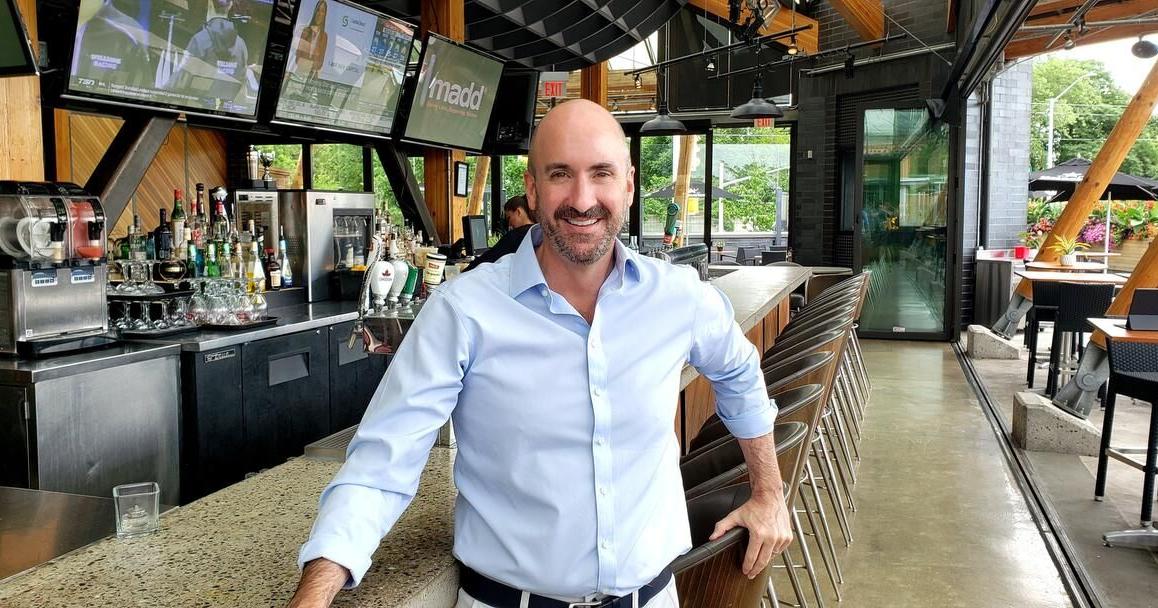Short of nationalizing key industries, I'm not enough of an economist to know how critical sectors can be nurtured and protected. We have a history of innovation in this country, sometimes in spite of government support for pure and applied research rather than because of it, but we seem chronically unable capitalize on it before it heads off to warmer climes.
Outright nationalization is certainly one policy option; but there are many others.
First, there is the matter of something like Connaught Labs in Toronto, which wasn't nationalized, but instead privatized before disappearing outright.
It was a creation of; and spin-off from, the University of Toronto.
So there is always the option to simply create in the public sphere w/o displacing the private one.
If one follows that route, then there is the matter of nurturing and sustaining that success.
But there are other tools as well; for years, many governments around the world have had key equity voting states and/or legal vetos on takeovers of strategic businesses.
Strategic because of science national security reasons; but also because of their importance to the economy.
Canada, in fact, already has such legislative tools, but to say we use them sparingly is to understate things by an order of magnitude.
We can also use public procurement to preserve or grow key industries.
If we choose to have a stockpile of vaccine or PPE or anything else, we can purchase those from a domestic producer; and rather than buying once and forgetting about it, have a long-term policy of use and replenishment.
The U.S. uses procurement, most overtly through its military, but by other means as well to secure the capacities it wishes to retain or develop.
Tax policy can also be used.
I'll give a cumbersome example, but there are far simpler ones; we could choose to set a lower corporate tax rate for manufacturers, on the portion of their goods made in this country. We could likewise, reward companies that are headquartered here.
This doesn't need to mean a vast tax give away. It can be done by raising rates on those businesses that aren't headquartered here, and don't manufacture here.
We could impose corporate income tax on revenue earned in Canada rather than profit; and then credit that if you have expenses in Canada.
There are so many ways to address these issues as they relate to public health, national security and economic development.
But as
@TrickyRicky points out, leadership is key.
As is vision.
Where do we want the country to be in 40 years, what steps are necessary to make that happen, GO!
We have had too few leaders, political and bureaucratic w/that mentality in recent decades.





